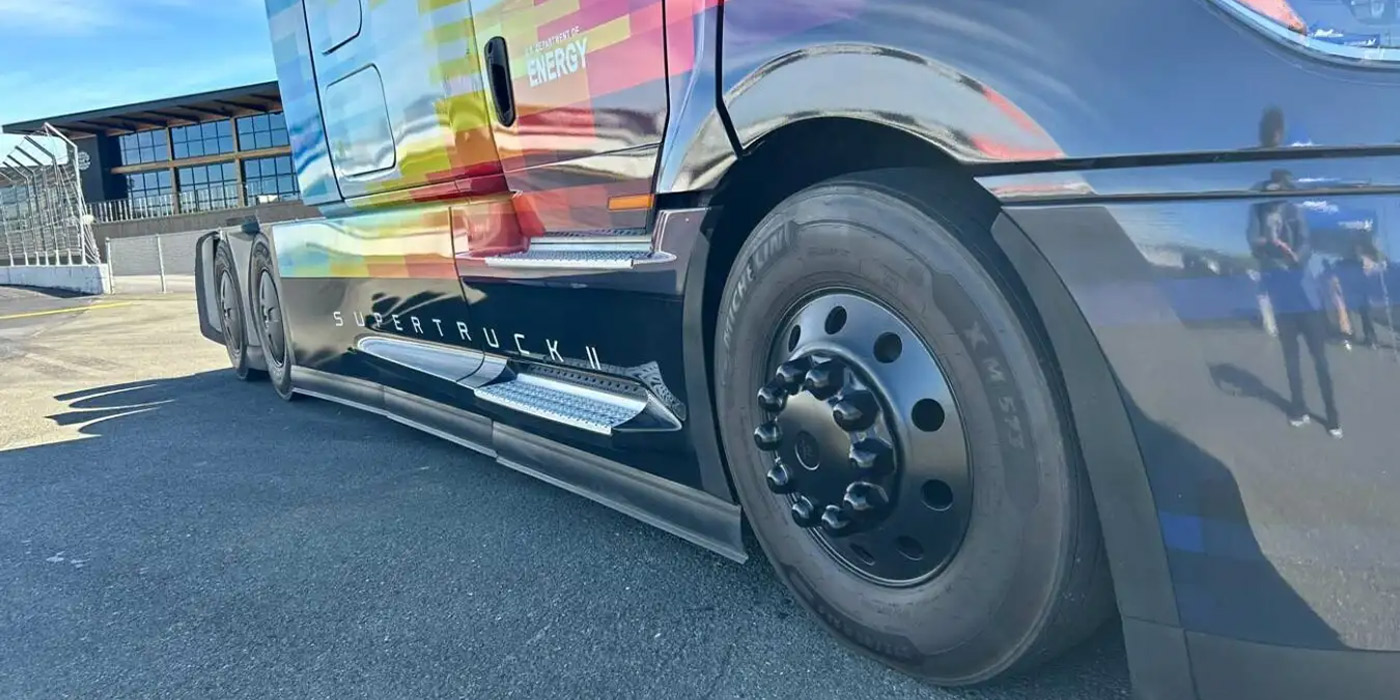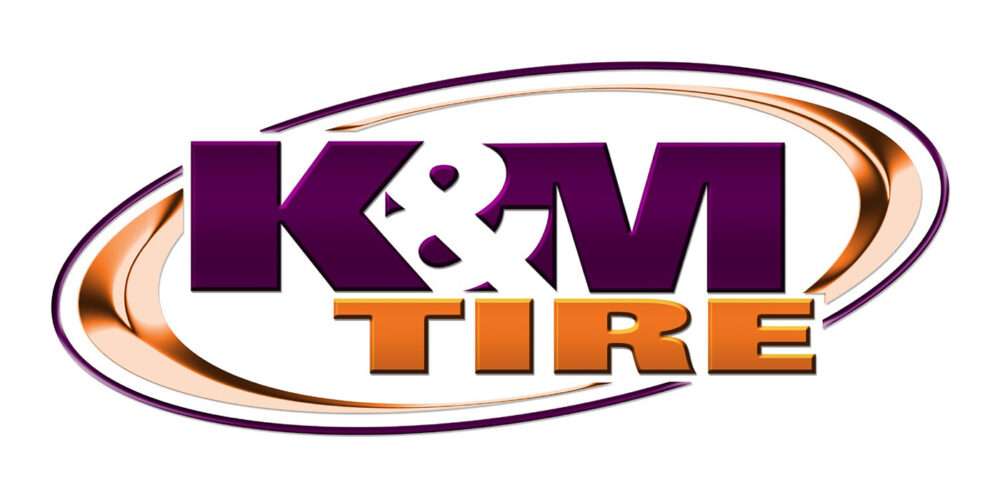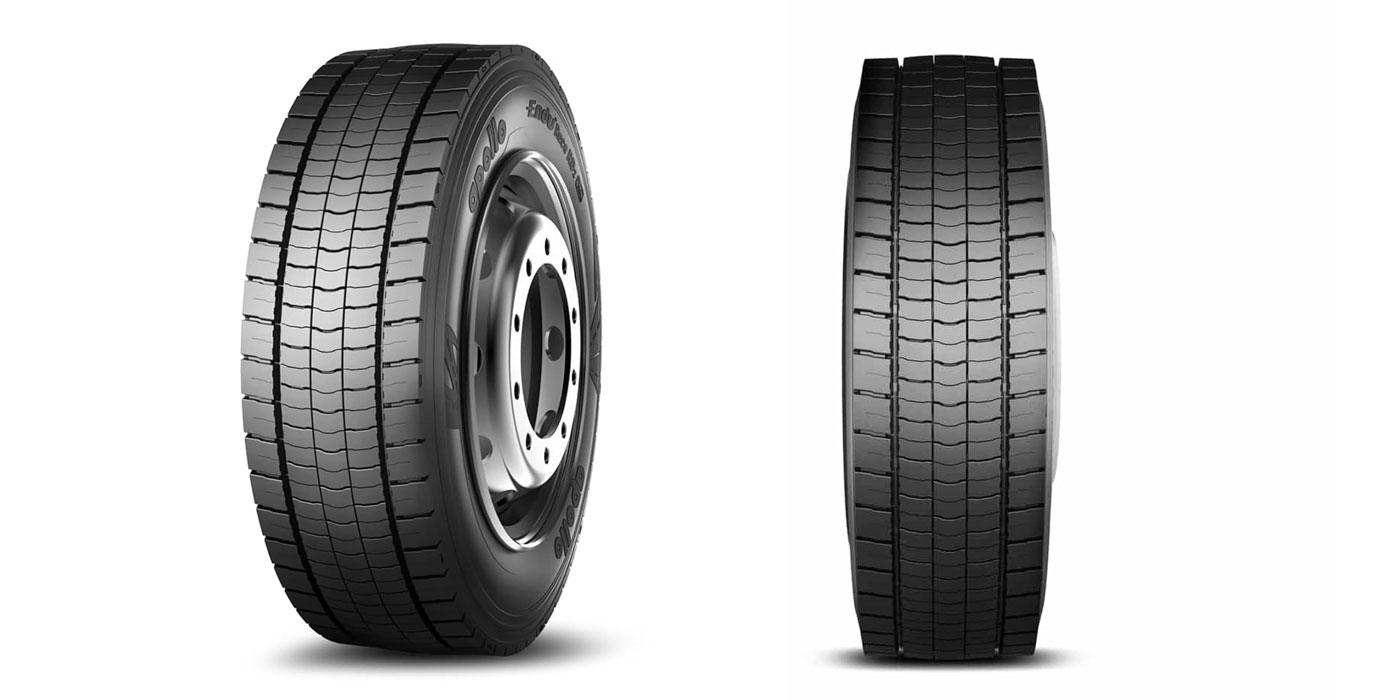I feel like that ancient Greek, Diogenes, who carried a lantern and searched everywhere for the truth. It’s often very frustrating, and I certainly don’t envy you fleet managers who have to do it constantly in order to run your businesses effectively.
Anytime something is communicated, facts can get twisted by the presenter’s “spin.” I used to cut journalists a little extra slack, because I felt they were more objective than most people. However, one recent article made me realize just how incorrect that approach may be.
The article explained how a bus fleet in Illinois had just concluded an 89-bus field test of B20 biodiesel conducted over 2.5 years. The author reported no cold weather problems and an increase in fuel economy of over 6.5%. The article stated that the B20 fuel mix incorporated a proprietary fuel additive that has been available since 1952. I assume the company selling the fuel additive told the author that it was responsible for the increased fuel economy (it certainly wasn’t the B20).
Technically trained people know that this is a biased test from the get-go and will automatically discount the results. However, does a non-technical person see the fallacy here? What does the fuel additive cost? Does it make sense economically? Why didn’t the journalist recognize the sales pitch or why wasn’t he or she diligent enough to obtain the technical information needed prior to writing the article?
At a recent fuel ethanol workshop, the president of the Renewable Fuels Association referred to those objecting to the EPA’s recent approval of increasing gasoline ethanol content to 15% as “wolves at the door” (see www.domesticfuels.com). Evidently, you are not human if you object to the EPA’s decision.
Some technical people have warned that corn-based ethanol will (1) damage fuel systems in pre-2001 vehicles (and RVs, boats, etc.), (2) increase CO2 emissions, and (3) decrease fuel economy. Where is second-generation cellulosic ethanol?
CARB has recently been accused of unreasonably influencing national environmental decisions by its frequent interactions with the EPA prior to legislation being enacted. Folks, I believe this is factual, because California’s environmental activists work hard to influence all environmental legislation with their concept of “technology forcing legislation.”
This attitude (and resultant political pressure) is what forced President Obama to delay the Keystone pipeline project and California fuel suppliers to import sugar cane-based ethanol from Brazil. No single group should have this much political power, especially when it is as much emotionally based as factually based. Where is the balance of power here?
A national energy policy could correct these obvious shortcomings and give both business and technical leaders the long-term focus they need on alternate fuels and energy independence issues. A viable policy could be created in a matter of months by scientists without vested interests, and we all would benefit immensely. This national energy policy would take critical issues out of the hands of politicians and zealots.
So, how does a fleet manager obtain factual information that’s unbiased by commercial and/or political interests (or just check facts)? I recommend using established, trusted publications and sources such as TMC literature. I find Wikipedia.com to be a good source of information, and it frequently is updated.
Also, I believe that constant field testing helps fleets better understand new alternate fuel concepts and their effects on operations. Data is much more useful than words!













